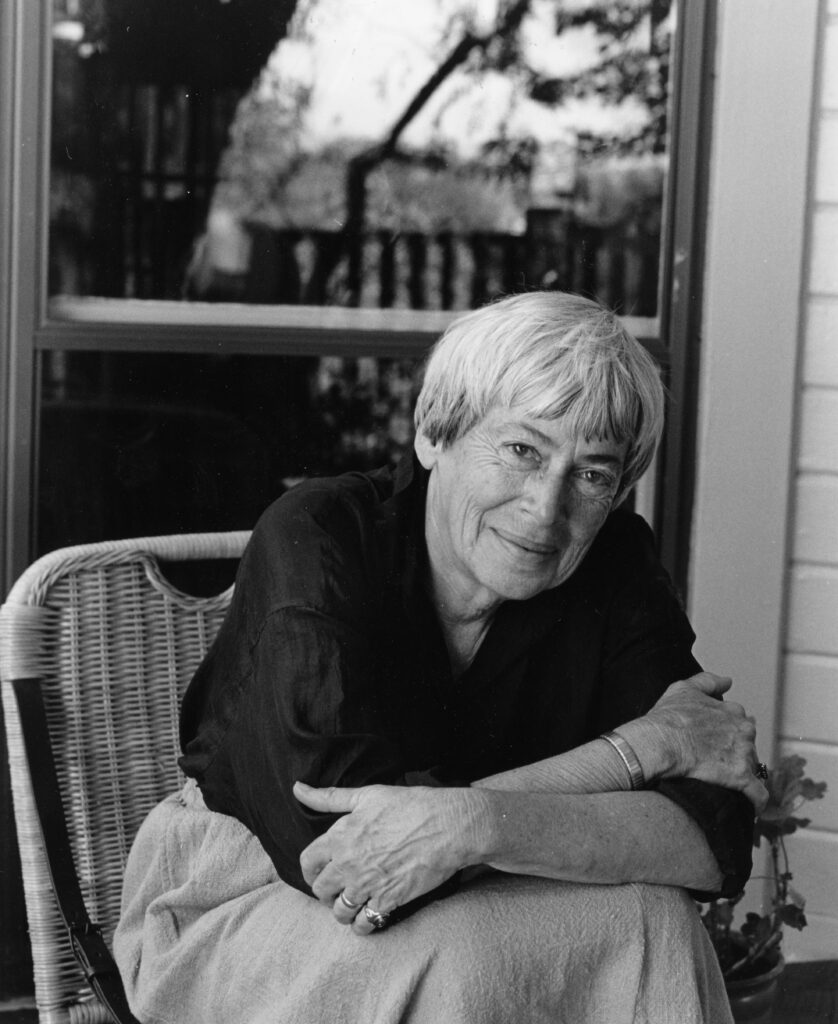
Invented dilemmas—that’s essentially what fiction is.
James Woods, How Fiction Works (2018, p. xxvi)
The differences in how we define reality are probably why we have fiction.
Ursula K. Le Guin, “Making Up Stories” (2013) in Words Are My Matter (2019, p. 108)
In these lectures I’ve argued that fiction, if well written, doesn’t betray history, but opens up its essential nature to inspection.
Hilary Mantel, “Adaptation” (Reith Lecture 5, July 11, 2017)
The world of the Karamazovs and Myskin and Roskolnikov, the world of Moby Dick… it is not a veil, it not an allegory. It is the ordinary world of fiction, but it reaches back.
E. M. Forster, Aspects of the Novel (1927, p. 134)
So fiction—here I’m extrapolating from Walter Benjamin—ideally offers us a power we tend to lack in our own lives: to reflect on the form and direction of our existence; to see the birth, development, and end of a completed life.
James Woods, How Fiction Works (2018, p. 169)
…in so much contemporary fiction, the most revealing and accurate descriptions of our daily life are shot through with strangeness, or displaced in time, or set on imaginary worlds, or dissolved into the phantasmagoria of drugs or of psychosis, or rise from the mundane suddenly into the visionary and then come out the other side.
Ursula K. Le Guin, “‘Things Not Actually Present’: On Fantasy, with a Tribute to Jorge Luis Borges” (2005) in Words Are My Matter (2019, p. 19)
Our audiences do not need to be protected from stories; they know when they enter the fictional space.
Hilary Mantel, “Adaptation” (Reith Lecture 5, July 11, 2017)
Our easiest approach to a definition of any aspect of fiction is always by considering the sort of demand it makes on the reader. Curiosity for the story, human feeling and a sense of values for the characters, intelligence and memory for the plot. What does fantasy ask of us? It asks us to pay something extra.
E. M. Forster, Aspects of the Novel (1927, p. 108)

There are two major kinds of story: the kind where you tell what happened, and the kind where you tell what didn’t. The first kind is history, journalism, biography, autobiography, and memoir. The second kind is fiction—the stories you make up. We Americans tend to be more comfortable with the first kind. We distrust people who make things up.
Ursula K. Le Guin, “Making Up Stories” (2013) in Words Are My Matter (2019, p. 107)
…fiction is a hypothesis that is always testing itself.
James Woods, How Fiction Works (2018, p. xxvi)
If we crave truth unmediated by art, we are chasing a phantom. We need the commentator’s craft, even to make sense of the news. We need historians, not to collect facts, but to help us pick a path through the facts, to meaning. We need fiction to remind us that the unknown and unknowable is real, and exerts its force.
Hilary Mantel, “Adaptation” (Reith Lecture 5, July 11, 2017)
…fiction—writing it, reading it—is an act of the imagination.
Ursula K. Le Guin, “‘Things Not Actually Present’: On Fantasy, with a Tribute to Jorge Luis Borges” (2005) in Words Are My Matter (2019, p. 18)

